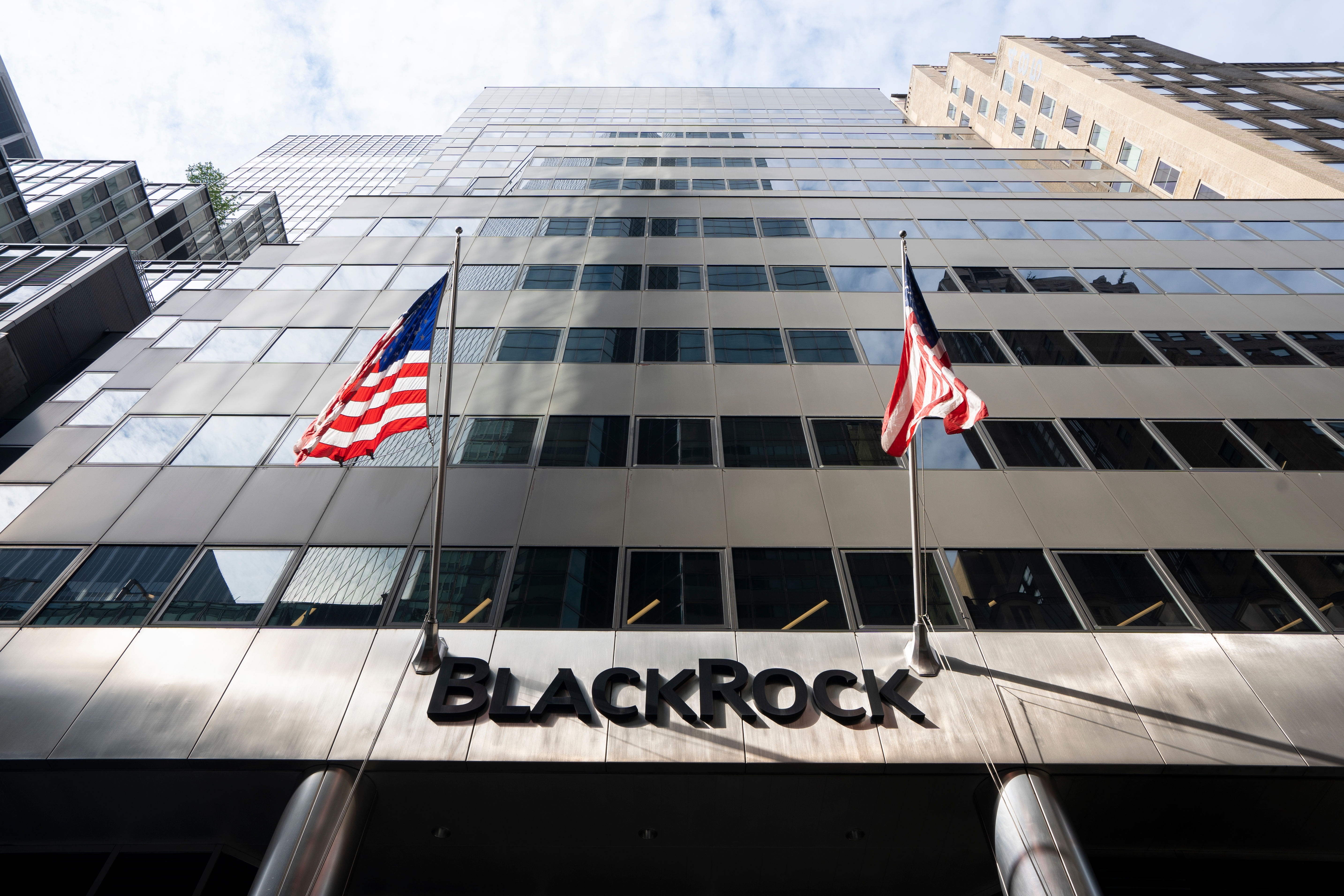Key Insights
- BlackRock’s Robert Mitchnick sees limited expansion of crypto ETFs, focusing mainly on Bitcoin and Ethereum.
- Mitchnick highlights Bitcoin and Ethereum as complementary assets with distinct roles in the cryptocurrency market.
- Regulatory hurdles and market maturity issues restrict approval of new crypto ETFs beyond major assets like Bitcoin and Ethereum.
In a recent discussion at the Bitcoin 2024 conference, Robert Mitchnick, head of digital assets at BlackRock, expressed skepticism about the proliferation of cryptocurrency exchange-traded funds (ETFs) beyond Bitcoin and Ethereum. Despite the launch of spot Ethereum ETFs, Mitchnick conveyed doubts regarding the approval of funds tracking other cryptocurrencies, such as Solana’s SOL or Polygon’s MATIC.
“I don’t think we’re going to see a long list of crypto ETFs,” Mitchnick remarked in his conversation with Bloomberg Intelligence ETF analyst James Seyffart. He pointed out that Bitcoin represents approximately 55% of the market cap, while Ethereum stands at 18%. The next plausible investible asset holds a mere 3%, lacking the maturity and liquidity required for broader adoption.
Bitcoin and Ethereum as Distinct Investment Opportunities
Mitchnick emphasized the distinct roles of Bitcoin and Ethereum within the cryptocurrency landscape. “We don’t view bitcoin and ETH really as competitors,” he stated. Bitcoin is envisioned as a global monetary alternative and potential payment system, whereas Ethereum serves as a technological platform for developing novel applications.
According to Mitchnick, the two assets should be seen as complementary rather than competing entities.
The head of digital assets also noted the increasing acknowledgment of cryptocurrency as a viable asset class. Despite regulatory ambiguities, it is clear that digital assets are here to stay. This growing acceptance presents future opportunities for asset management firms like BlackRock to further engage with the market.
Regulatory Landscape and ETF Approval Challenges
Mitchnick highlighted the challenges associated with gaining regulatory approval for new crypto ETFs. While the Securities and Exchange Commission (SEC) has provided some guidance, full regulatory clarity remains elusive. For instance, the SEC is unlikely to approve spot Ethereum ETFs with staking components, he said.
BlackRock is credited with reviving interest in spot Bitcoin ETFs after filing for a product in June 2023. Historically, the SEC has hesitated to approve such investment products, citing concerns over market manipulation and surveillance. BlackRock’s iShares Bitcoin ETF filing marked a turning point, as it addressed these concerns through a market observation agreement.
Investor Interest and Bitcoin’s Unique Value Proposition
Mitchnick discussed the distinct value proposition of Bitcoin compared to traditional assets like equities and fixed income. Investors in BlackRock’s IBIT trust typically allocate 2% to 3% of their funds, recognizing Bitcoin’s unique potential for growth. He noted that Bitcoin’s risks differ fundamentally from those in traditional finance, which include banking crises, geopolitical instability, and inflation.
“Our clients continue to be more and more interested,” Mitchnick noted, referencing the growing curiosity among a diverse client base, ranging from retail investors to ultra-high net worth individuals. He also highlighted the increasing interest from wealth advisors and institutions, despite their current representation being a minority among IBIT investors.
Mitchnick, who has been influential in changing BlackRock CEO Larry Fink’s perspective on Bitcoin, is optimistic about the cryptocurrency’s future. He downplayed the narrative that Bitcoin is a risk asset, asserting that such definitions are “fundamentally inaccurate” and unhelpful when considering the long-term potential of the asset.
The Road Ahead for Cryptocurrency Investment
Mitchnick acknowledged that the journey towards broader institutional adoption of Bitcoin and other cryptocurrencies is still in its early stages. He remains bullish on the potential for growth and increased adoption, especially among institutional investors and wealth advisors.
Mitchnick’s insights reflect a cautious yet optimistic view of the future of cryptocurrency ETFs. While the expansion of ETFs beyond Bitcoin and Ethereum faces significant hurdles, the ongoing interest and engagement from investors and regulatory advancements suggest a promising outlook for the digital asset market.
Editorial credit: Tada Images / Shutterstock.com
At Tokenhell, we help over 5,000 crypto companies amplify their content reach—and you can join them! For inquiries, reach out to us at info@tokenhell.com. Please remember, cryptocurrencies are highly volatile assets. Always conduct thorough research before making any investment decisions. Some content on this website, including posts under Crypto Cable, Sponsored Articles, and Press Releases, is provided by guest contributors or paid sponsors. The views expressed in these posts do not necessarily represent the opinions of Tokenhell. We are not responsible for the accuracy, quality, or reliability of any third-party content, advertisements, products, or banners featured on this site. For more details, please review our full terms and conditions / disclaimer.



